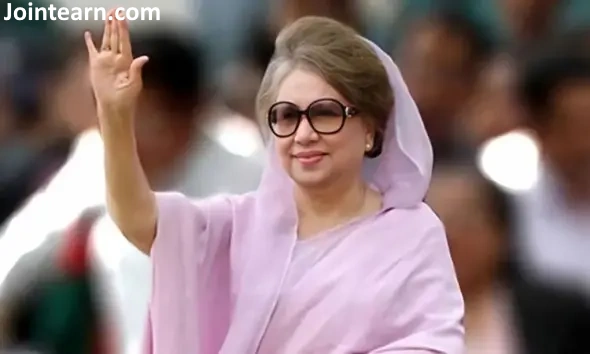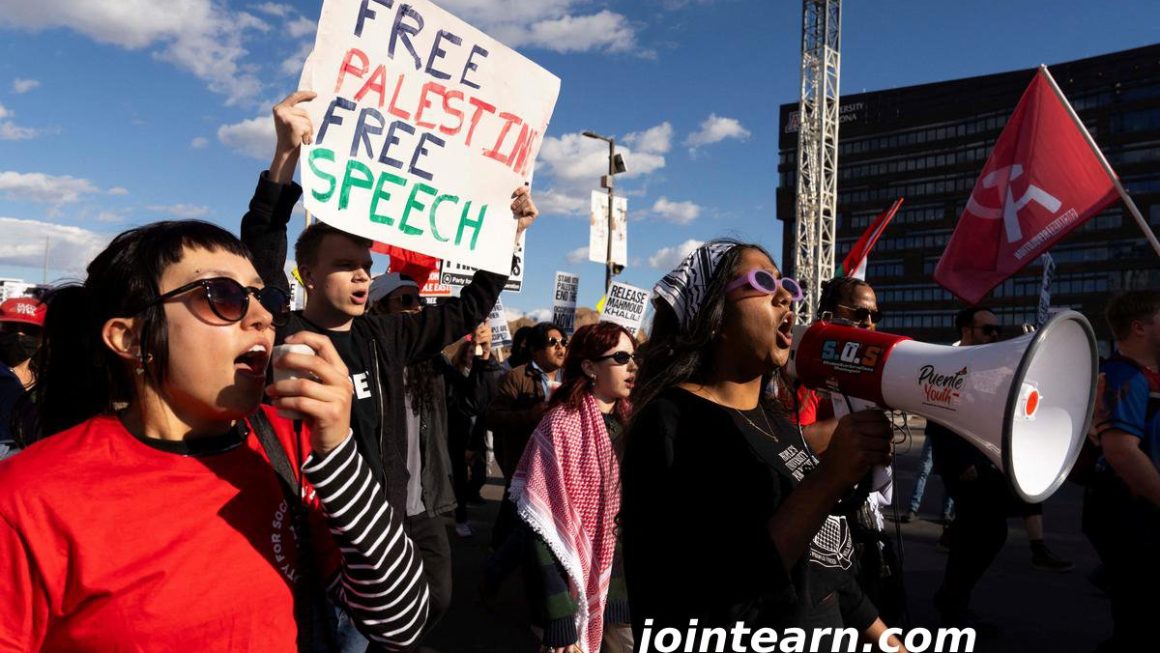On Wednesday, Bangladesh’s Supreme Court acquitted former Prime Minister Khaleda Zia in a 2008 corruption case, allowing the ailing leader to potentially participate in upcoming parliamentary elections.
This ruling marks another legal victory for Khaleda and her family, who are key figures in Bangladesh’s political landscape. A five-judge panel, led by Chief Justice Syed Refaat Ahmed, overturned the 2018 jail sentences handed down by the High Court, clearing Khaleda, her son Tarique Rahman, and others involved.
The 2008 case accused Khaleda and her associates of embezzling 21 million taka ($173,000) in foreign donations meant for an orphanage trust set up during her last term as Prime Minister from 2001 to 2006.
Following the verdict, defense lawyer Zainul Abedin remarked, “The case was so vile that both those who appealed and those who couldn’t appeal have all been acquitted.”
In November 2024, Khaleda was also acquitted in another corruption case related to the misappropriation of 31.5 million taka from a separate trust in 2005. Khaleda, 79, who has been battling health issues like liver cirrhosis and heart problems, was flown to London for treatment last week.
In December 2024, Rahman and others were cleared of involvement in a 2004 grenade attack on a rally targeting Prime Minister Sheikh Hasina.
Rahman, the acting chairperson of Khaleda’s Bangladesh Nationalist Party (BNP), has been in exile in London.
Since August, Bangladesh has been under the governance of an interim administration led by Nobel Peace laureate Muhammad Yunus. The BNP has called for general elections to be held by August, citing growing political and economic instability.












